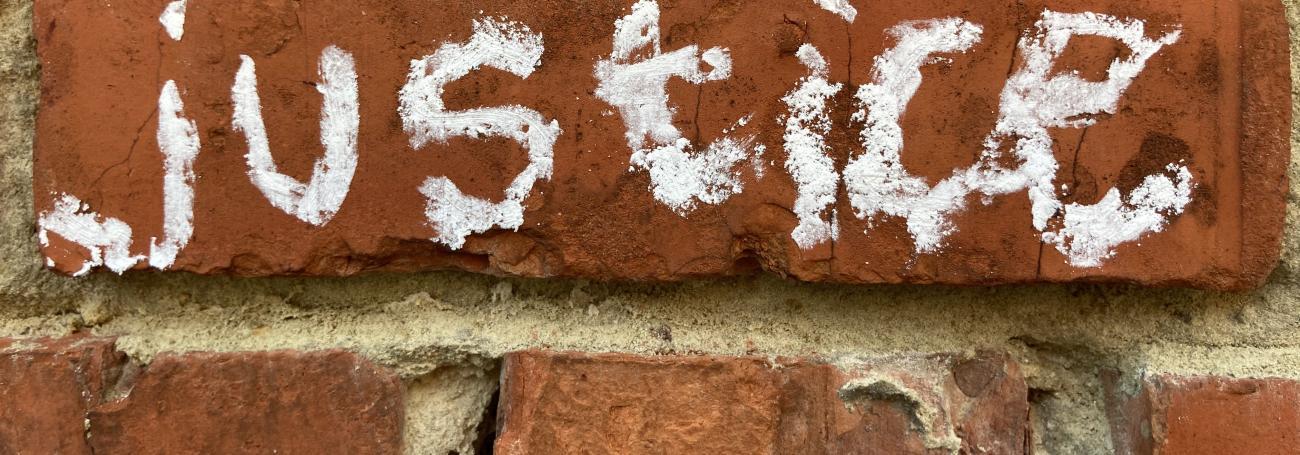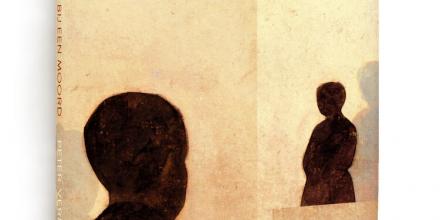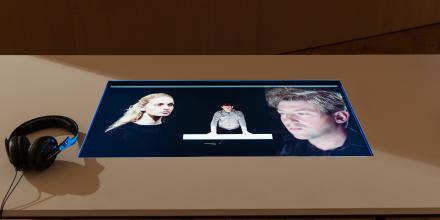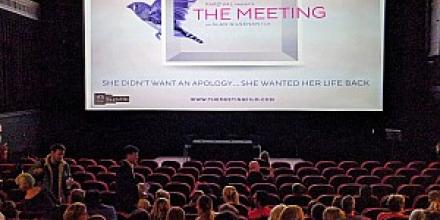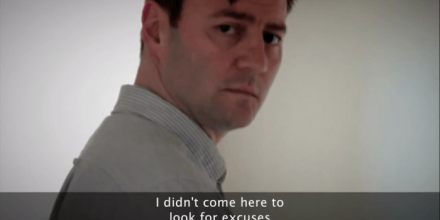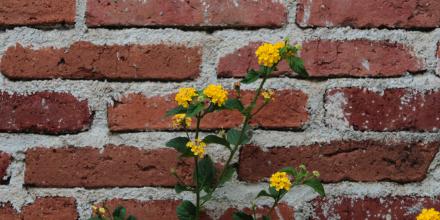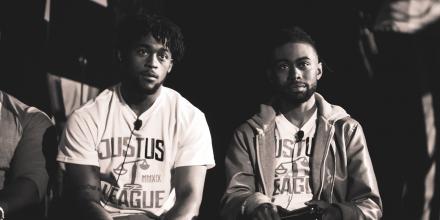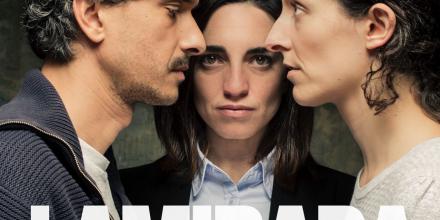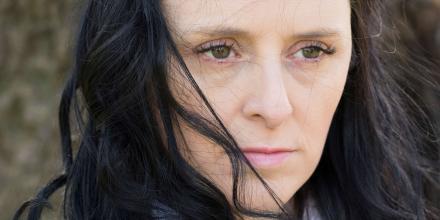Here we wish to introduce you to the contributions on JUSTICE!
The REstART Festival will start on 31/11 with the launch of all artworks (including the films) online: in this way, you will be able to enjoy the artworks and prepare to the virtual talks with the artists. In the evening, we will meet Peter Vermeersch (Belgium) presenting his personal reflections on justice, restoration and punishment, as presented in his book “Aantekeningen bij een moord”. On 1/12 we will talk with Sharon Daniel (USA) presenting her documentary “Inside the distance” with re-enactments about restorative justice encounters as described by victims, offenders and mediators. On 2/12 we will meet with the artists and mediators behind the film “A conversation” (Norway - Australia), based on a theatre play where two families meet, connected by the rape and murder of a young girl. The day will end with a talk with the protagonists of the film “The Meeting” (Ireland), based on the restorative justice meeting between Ailbhe Griffith and the man who, nine years earlier, subjected her to a horrific sexual assault. On 3/12 we will meet with the artist and monologist behind the JustUs performance (USA) on personal stories of racial iustice within the criminal justice system. On 4/12 we will meet with the director of the theatre play “La mirada del otro” (Spain) about the restorative encounters between ETA prisoners and the families of their victims. Finally, during the closing session of REstART the art director of the theatre play "Stronger" (Ireland) will engage into a discussion with other 4 artists.
REGISTER HERE TO RESTART!
The book is the account of a murder trial and the author's personal quest for what perpetrators, justice, restoration and punishment mean in such a context. Through this experience, Peter became an advocate of restorative justice. You can watch the trailer of the book and the conversation with Peter Vermeersch on our Vimeo channel.
This documentary stages re-enactments about restorative justice encounters as described by victims, offenders and mediators. The project was developed by professor and artist Sharon Daniel in cooperation with a series of Belgian partners who gave her access to victims and offenders who participated in a restorative justice process in order to conduct her research project. You can watch the discussion with Sharon about her own projects as well the one with four more artists about their artistic journey towards restorative justice.
Marie Keenan and Ailbhe Griffith are the protagonists of the film “The Meeting” directed by Alan Gilsenan. The film is based on a real restorative justice meeting which took place between Ailbhe and the man who, nine years earlier, subjected her to a horrific sexual assault and left her seriously injured and fearing for her life. The film has been available during the entire REstART Festival week. The recordings of the live virtual discussion with Marie, Ailbhe and Alan are now available.
The film is based on an Australian theatre performance telling the stories of two families who met in the presence of a facilitator, the parents of a young woman who was raped and murdered and the family of the offender. The film is password protected; you can watch the recordings of the conversation with with John McDonald, the mediator who facilitated the encounter and worked closely with the actor playing that role in the original Australian play, and Siw Risoy, the coordinator of the Norwegian "No Theatre" group.
The one hour talk will be about the artists’ journey towards restorative justice. How was their first encounter with restorative justice? What grabbed their interest in these restorative stories? What were the challenges they faced for transforming restorative justice stories in artworks? Can arts be integrated in restorative justice practices? What are their suggestions for the restorative justice community to make these stories heard? After this talk, the team of the European Forum for Restorative Justice closed the REstART Festival with some final reflections and thoughts.
Motus Theater worked with formerly incarcerated leaders to develop autobiographical monologues about the criminality and injustice within the criminal justice system. Monologues cover themes as diverse as human rights abuses in prison, the criminalisation of substances abusers, and the systemic racism and poverty that pushes young people into illicit economies because they are shut out of legal opportunities.
This play is part of a trilogy, product of 10 years research, artistic and pedagogical work conducted by the collective Project 43-2. This specific theatre piece focuses on the restorative encounters between ETA dissidents and the families of their victims, presenting elements for transforming the conflict and promoting a culture of peace. The theatre director shared with us videos of "the making of" this theatre project and joined us for two talks during the REstART week.
This video made available during the REstART week features a thirty minute reading of an extract from Geoff Power’s potent new play Stronger. Based on true events, Stronger tells the gripping story of Jan, a teacher raped by her student. As she journeys through the legal system her life is in danger of falling apart but, through restorative justice, Jan finds the strength to meet with her attacker and a process of healing begins. The play reading is followed by a webinar.
